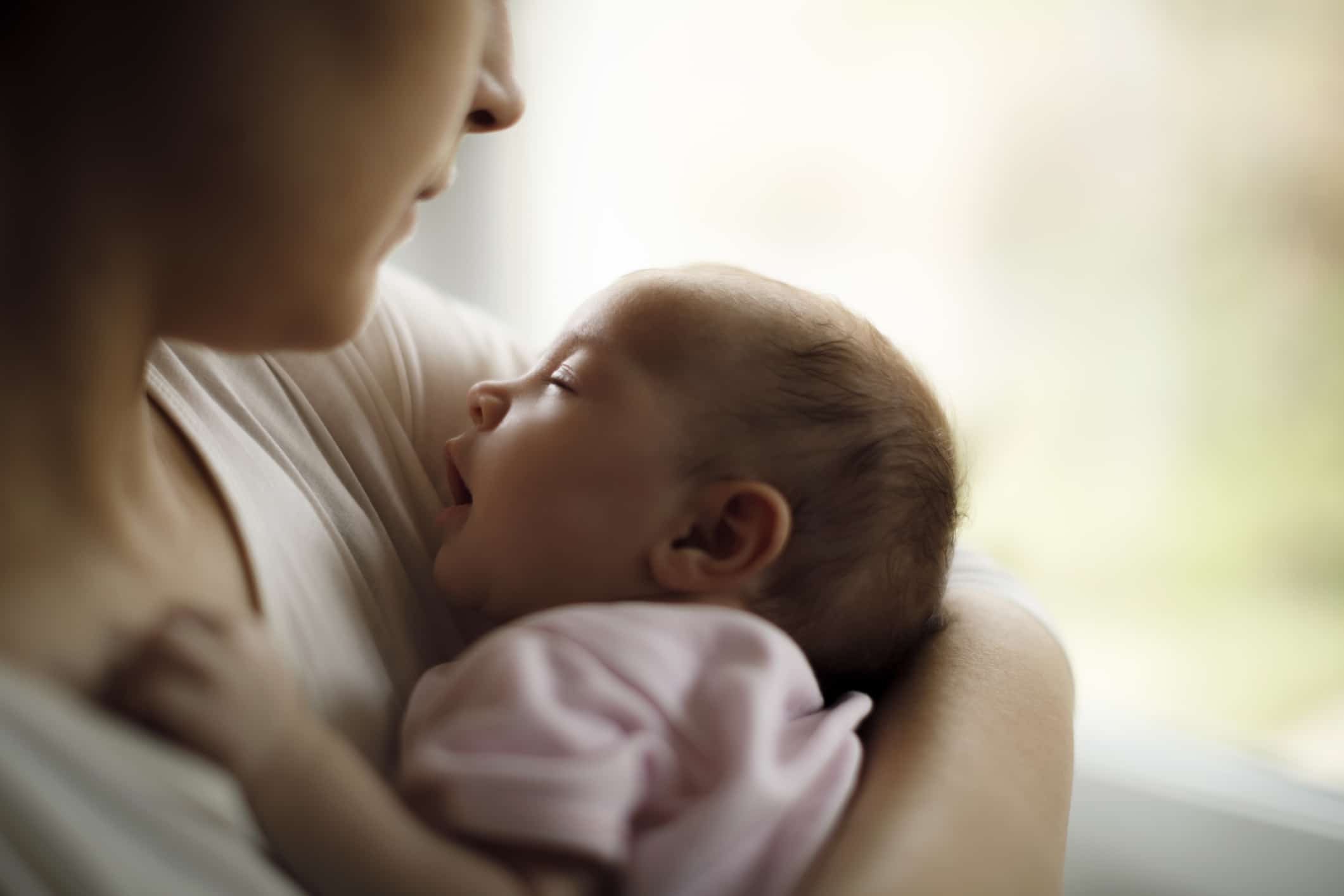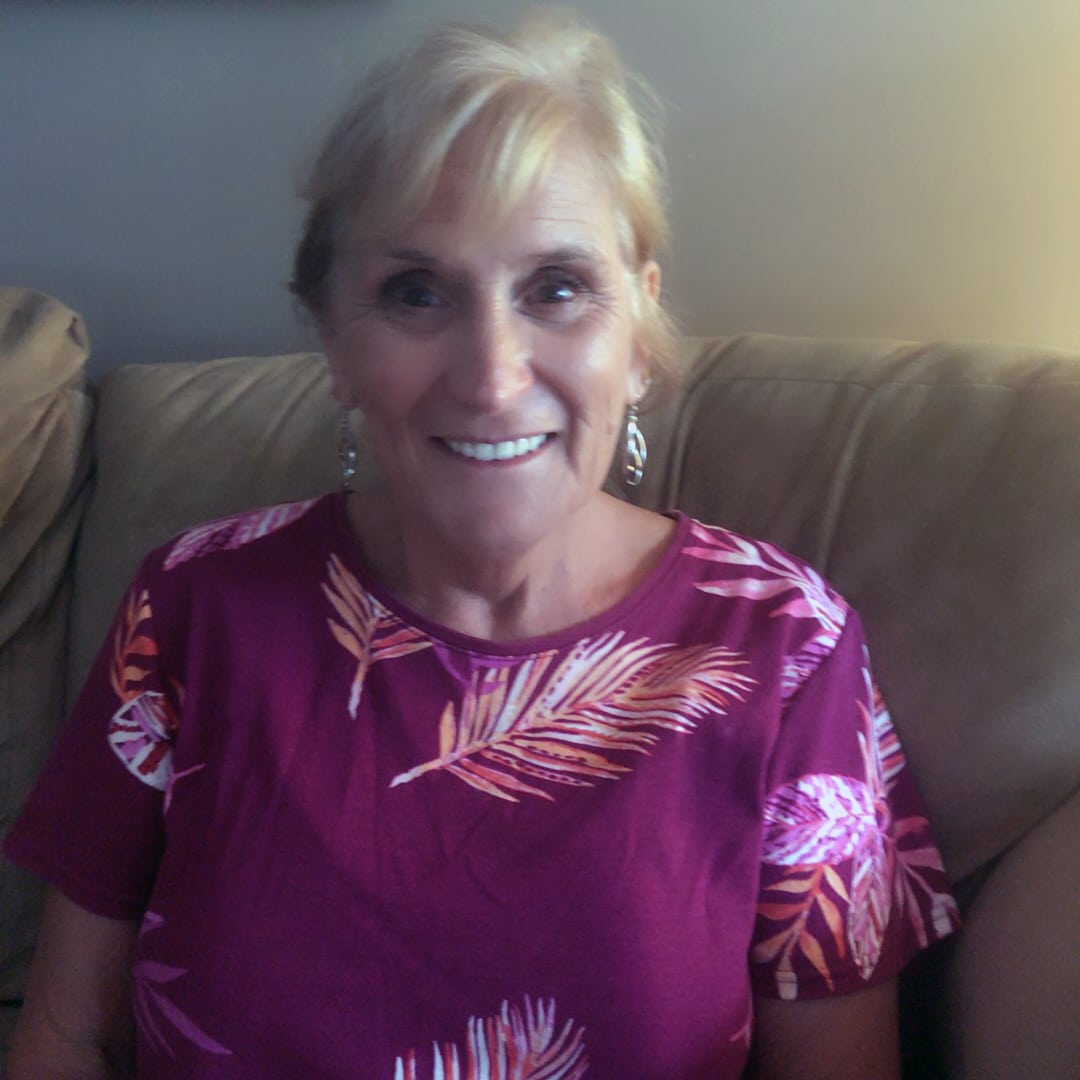
You didn’t expect to bring your newborn home during a pandemic. So, what should you do if you or someone in your family starts having symptoms of COVID-19?
If you have symptoms of COVID-19 or if you have tested positive, you can take the following steps to avoid passing the infection to your baby:
- Have a healthy care provider (another healthy family member) provide care for the infant, if at all possible.
- Maintain at least a 6-foot distance whenever possible and, when closer to the baby, wear a cloth mask and use hand hygiene for newborn care until you are fever-free for 72 hours without use of medication and at least seven days have passed since symptoms first appeared.
- Wash your hands with soap and water (or hand sanitizer that contains at least 60% alcohol) before touching your baby or the baby’s items.
- Wash your hands before touching any breast pump or bottle parts and clean all pump and bottle parts after use.
- Clean and disinfect all “high-touch” surfaces daily.
Breastfeeding if you have COVID-19
Breast milk helps protect against many illnesses and is the best source of nutrition for most infants.
You, along with your family and health care providers, should decide how to start or continue breastfeeding.
We do not know for sure whether mothers with COVID-19 can spread the virus in their breast milk, but the limited data available suggests this is not likely.
If you have COVID-19 and choose to feed at the breast:
- Wear a cloth face covering during the feeding and wash your hands with soap and water before each feeding. If soap and water is unavailable, you may use hand sanitizer with at least 60% alcohol.
- It is not necessary to wash your breast before directly breastfeeding or pumping unless you just coughed over the exposed breast.
If you have COVID-19 and choose to express breast milk:
- A dedicated breast pump should be used.
- Wear a cloth face covering during expression and wash your hands before touching any pump or bottle parts and before expressing breast milk.
- Follow recommendations for proper pump cleaning after each use, cleaning all parts that come into contact with breast milk.
- If possible, expressed breast milk should be fed to the infant by a healthy caregiver, who is not at high-risk for severe illness from COVID-19.









